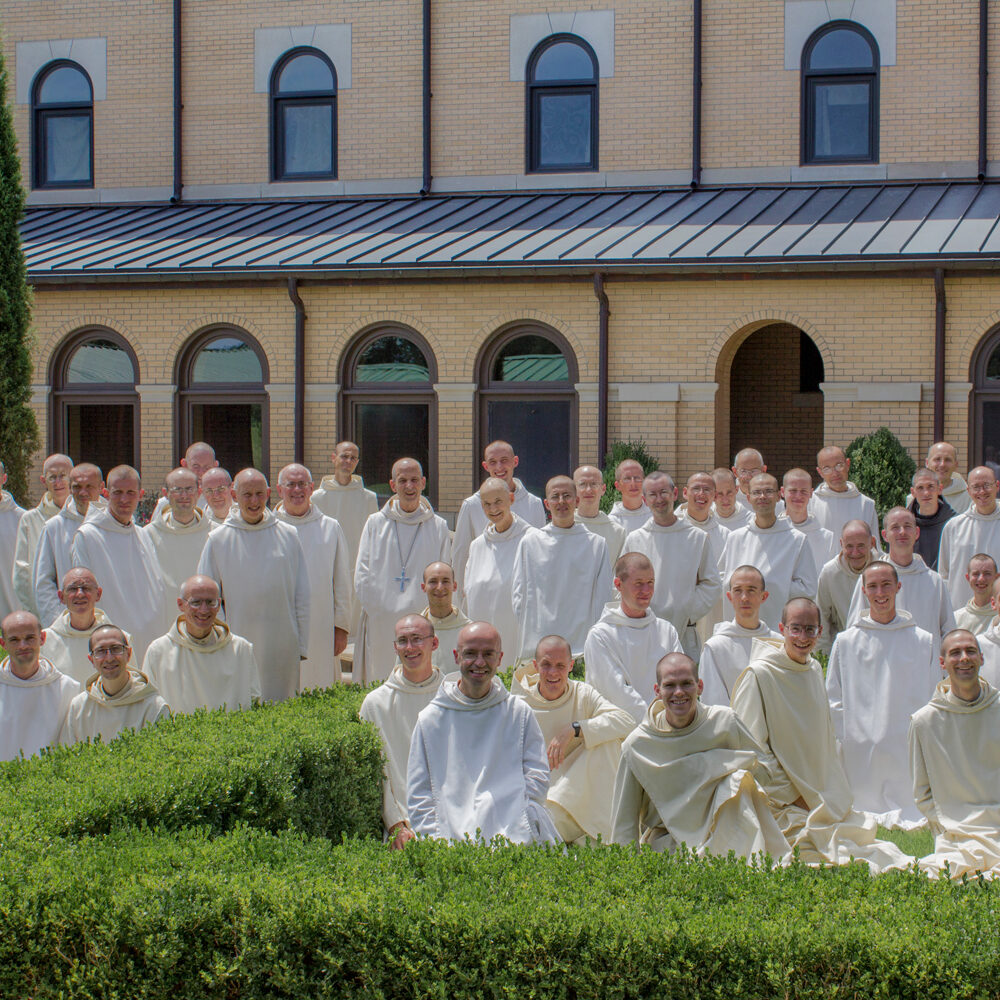Dear Brothers and Sisters in Christ,
My Very Dear Sons,
A great thinker once wrote something to the effect that all Philosophy is really a meditation on death, not in any morbid sense of the word, not as would be some unhealthy obsession with death, but in the sense that the human mind, searching for an understanding of our condition on earth, naturally turns at some point to the ultimate questions about our existence, including that of our final end. Why do we live? Why do we die? Socrates, in his own heroic death, demonstrated the truth of the idea that this is the fundamental interrogation.
As we are now in Passion Week, the liturgical time leading up to Holy Week and the climax of the whole liturgical cycle, our thoughts are centered on Our Lord’s sacrificial death, the death that really gave meaning to all human existence and to the fact that we are mortal, that we die as a result of sin. Here is something far greater than the testimony of the philosophers. Not only did Christ’s Passion and death illumine our condition, but it solved the great problem of Man by delivering the human race from death, both from the physical one—individually and at the end of time—and, more importantly, from the second one that follows sin, the death after bodily death, the death of the soul clinging to mortal sin. The consequences of this are so important that we will not fully fathom them even in eternity.
Now the death of Our Blessed Father Saint Benedict, his transitus as we sometimes refer to it in Latin, is only well understood in the light of Our Lord’s sorrowful death. Holy men and women are really miniatures of the Lord and King of All the Saints. They are not mere replicas, however: each one in his or her death gives us a new angle, a special insight into the saving action of God in Christ and into the ultimate meaning of things. Many of you know that Saint Benedict, having predicted the day of his death, after a few days of intense fever at an advanced age, had his disciples transport him to the Oratory of his monastery of Monte Cassino, where he received the Body of Christ, the Holy Eucharist, and then breathed out his last breath together with his soul, standing upright as best he could in the Oratory, leaning on two of his monks. What might we gather from this holy death of Saint Benedict?
The fact that the great Patriarch of monks knew prophetically the day of his death reminds us that God favors sometimes those who are destined to found a great religious order or some other important work in the Church with special graces, special charismatic gifts of a miraculous nature, in order to point out to others the importance of their particular mission.
The fact that Saint Benedict desired to receive Holy Communion underlines the importance for all Christians, religious or otherwise, of having recourse to the Sacraments, those channels of the essential graces for the life of the soul, especially to the Most Holy Eucharist in which are contained the Body, Blood, Soul, and Divinity of Christ.
Standing to pray as he gave up his soul likened him to Christ hung upon the tree of our salvation. In his Rule Saint Benedict had summarized all of his teaching in one phrase, saying that we should prefer nothing to the love of Christ (Ch 4). Perhaps we ought to end on that note. To say more might be to intrude upon the silence and recollection of Passiontide and distract us from the tremendous object of our contemplation as we stand in spirit alongside Our Lady at the foot of the Cross. Amen.




